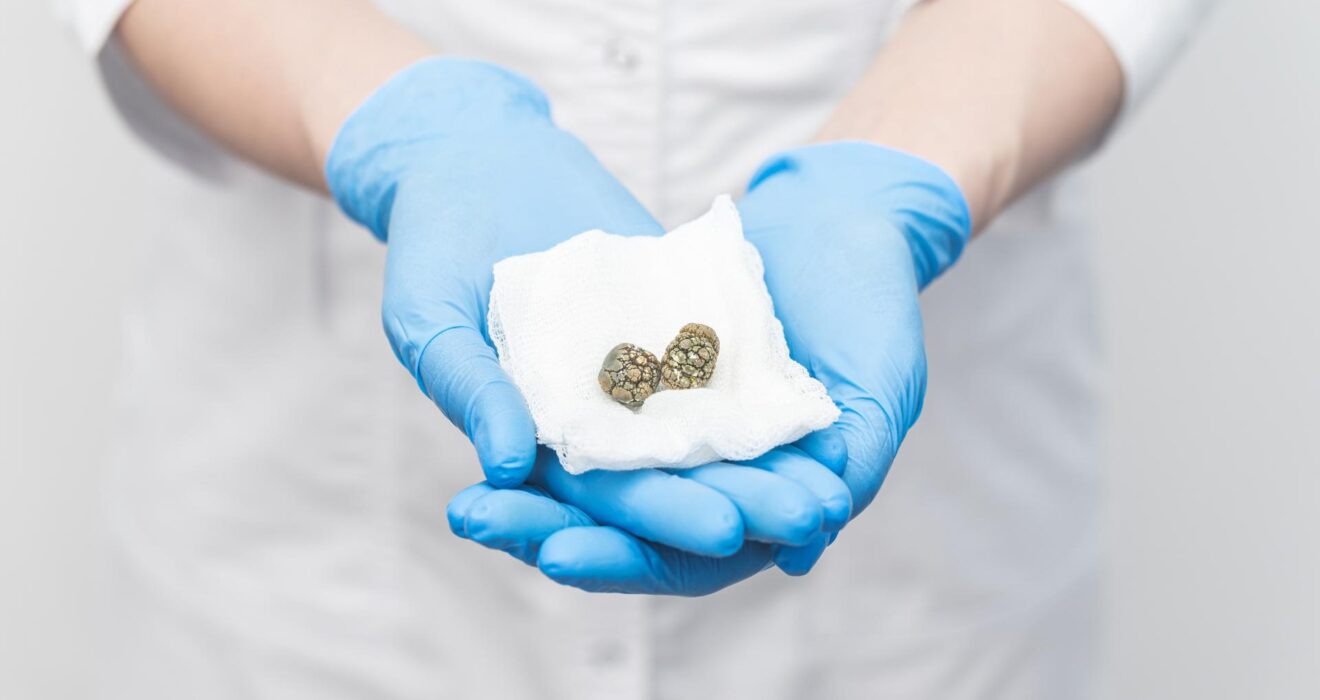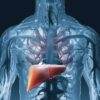Gallbladder Stones: Symptoms, Risks, and When to Consider Surgery
Gallbladder stones, or gallstones, are a common digestive issue that can cause severe discomfort and lead to complications if left untreated. Understanding the symptoms, risks, and available treatment options, including surgery, can help patients make informed healthcare decisions.
What Are Gallbladder Stones?
Gallstones are hardened deposits of digestive fluids, primarily cholesterol and bile salts, that form in the gallbladder. They vary in size and may be as small as a grain of sand or as large as a golf ball.
Symptoms of Gallbladder Stones
Gallstones can be silent (asymptomatic) or cause noticeable symptoms when they block bile flow. Common symptoms include:
1. Abdominal Pain (Biliary Colic)
- Sudden, intense pain in the upper right abdomen or center of the stomach
- Pain that lasts for minutes to hours, often occurring after a fatty meal
2. Nausea and Vomiting
- Feeling nauseous, especially after eating greasy foods
- Episodes of vomiting due to bile duct blockage
3. Jaundice (Yellowing of Skin and Eyes)
- Occurs when gallstones block the bile duct, leading to bile buildup in the bloodstream
4. Indigestion and Bloating
- A feeling of fullness or discomfort after meals
- Increased burping and acid reflux symptoms
Who Is at Risk for Gallbladder Stones?
Certain factors increase the risk of developing gallstones, including:
1. Diet High in Fats and Cholesterol
Eating excessive fatty foods can contribute to gallstone formation.
2. Obesity and Rapid Weight Loss
Being overweight or losing weight too quickly can affect bile composition.
3. Age and Gender
Women, particularly those over 40, are more likely to develop gallstones due to hormonal factors.
4. Diabetes and Liver Disease
People with diabetes or liver disorders have a higher risk of gallstone formation.
5. Family History
A genetic predisposition can make some individuals more prone to gallbladder stones.
When Should You Consider Gallbladder Surgery?
While some gallstones cause no symptoms, surgery is recommended in the following cases:
1. Recurrent Gallbladder Attacks
If you experience frequent gallbladder pain and digestive issues, removal may be the best option.
2. Complications Like Inflammation or Infection
Conditions such as cholecystitis (gallbladder inflammation) and bile duct obstruction may require immediate surgical intervention.
3. Large or Multiple Gallstones
Sizable gallstones can increase the risk of severe complications, including pancreatitis.
4. Presence of Gallbladder Polyps or Cancer Risk
Gallbladder surgery may be advised if there is suspicion of gallbladder polyps or a high risk of cancer.
Gallbladder Stone Treatment Options
1. Lifestyle and Dietary Changes
- Avoid high-fat, fried, and processed foods
- Increase fiber intake and stay hydrated
2. Medications for Dissolving Gallstones
In rare cases, medications like ursodeoxycholic acid can help dissolve cholesterol-based gallstones.
3. Laparoscopic Gallbladder Surgery (Cholecystectomy)
- Minimally invasive procedure with small incisions
- Faster recovery and less post-surgery pain
- The most effective long-term solution for gallstone-related complications
4. Open Surgery (Traditional Cholecystectomy)
- Required for severe infections, gallbladder rupture, or previous abdominal surgeries
- Longer recovery time compared to laparoscopic surgery
Recovery After Gallbladder Surgery
1. Hospital Stay and Post-Surgery Care
- Most laparoscopic gallbladder removals require a short hospital stay (1–2 days)
- Open surgery may require a longer hospital stay for monitoring
2. Dietary Adjustments
- A low-fat diet is recommended initially to help digestion
- Patients may gradually return to normal eating habits over time
3. Long-Term Outlook
- The body adapts well to gallbladder removal, and digestion improves within weeks
- Patients can live a healthy life with minimal dietary restrictions
If you’re experiencing gallbladder pain or symptoms, consulting an experienced gallbladder surgeon like Dr. Amandeep Sandhu can help determine the best course of action.
🔗 For expert gallbladder stone treatment, visit: Dr. Amandeep Sandhu 🚀




